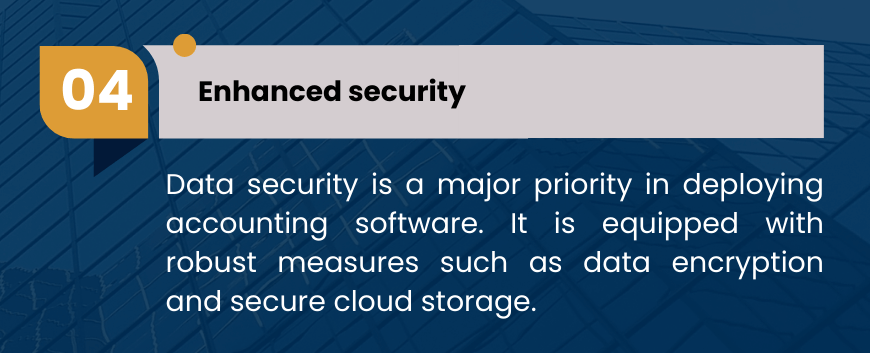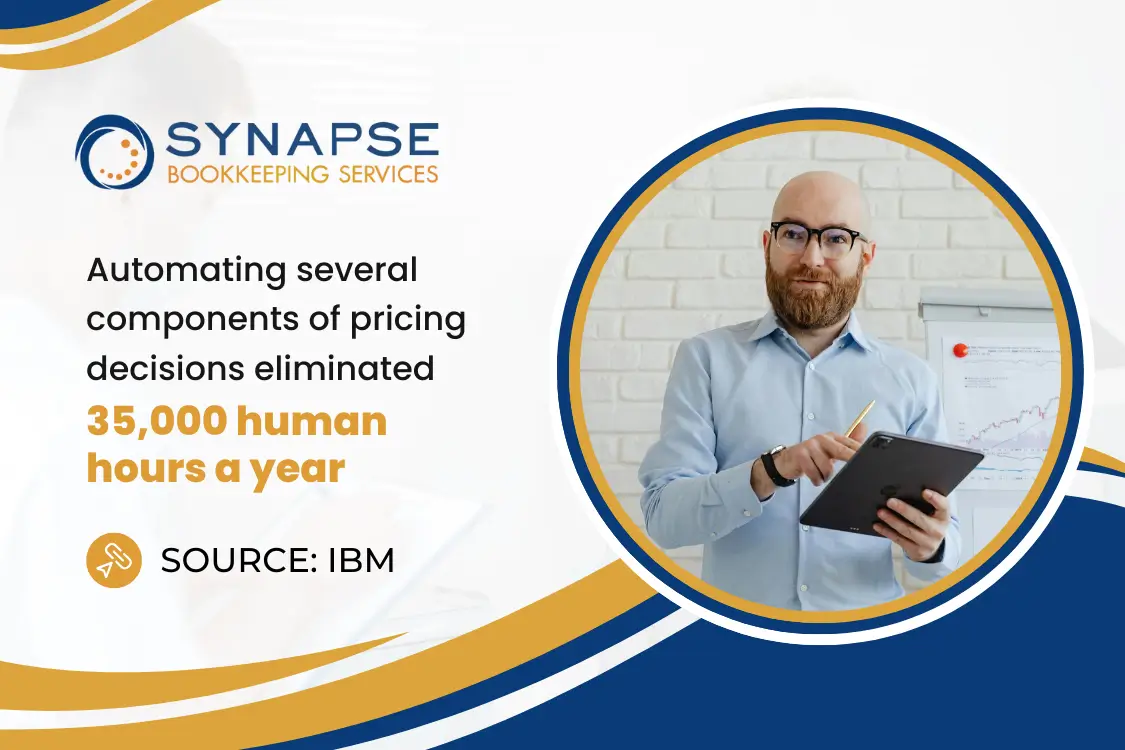How to Choose the Right Accounting Software for Your Firm
Technology literacy is a must-have skill for accountants, according to 57% of surveyed firms by Sage (2019). While some swear by the old-school way of pen and paper, accounting technology can offer effective solutions for handling various functions, such as bookkeeping, invoicing, and payroll etc. Be a forward-thinking firm and you will reap the benefits of streamlining your processes, positively impacting your bottom line.
In this case, you will need to deploy an accounting software that can make jobs easier and more efficient, yet many are unsure how to choose the right one. Read more to discover what accounting software can do for you and what to consider when making the right choice.
What is accounting software?
Accounting software refers to a computer program designed to assist accounting firms with nearly every process and task imaginable. The deployment of accounting software dates back to 1983 when Intuit released QuickBooks, a software that tracks financial transactions and generates reports.
Nowadays, the functionality of accounting software ranges from the following:
- Streamlining accountant workflows with a centralized database
- Detailed tracking of financial transactions
- Near-instantaneous reporting and analysis
- Storing large amounts of data without having to take up physical space
- Flexible client management, calendaring, and task tracking
What has changed since 1983? Accounting software used to be deployed on-premises, meaning the hardware and servers for the software were located in your company’s data center. As new technologies emerge in the modern world, software developers have introduced cloud-based accounting software and SaaS.
“In the cloud,” the application runs on a network of remote servers instead of at your company’s location. Software as a service (SaaS) is another option wherein users can access accounting programs via the Internet rather than installing the software on the user’s computer.
Ultimately, modern technology has altered how accounting professionals work to increase productivity, reduce errors, and lower costs. In fact, more than 60% of large firms report that technology is increasing staff engagement and morale.
Want to know how? Below are the key benefits of accounting software that you should be aware of.
Key benefits of using accounting software
There are numerous advantages to using accounting software over manual bookkeeping. At its core, accounting software gives you expert visibility of what’s coming in and going out of your business accounts. However, it’s more than an efficient solution for accounting basics; you can achieve these benefits with accounting software.




- Streamlined workflows and processes: Save your team long hours managing invoices, tracking expenses, or reconciling bank statements through automated systems. In support, IBM revealed that automating several components of pricing decisions eliminated 35,000 human hours a year.
- Did you know? Financial services firms said automation improved their customer service and back office operations, while corporate financial departments said it revolutionized how they onboard employees and collect relevant benefits and payroll information.
- Enhanced accuracy and minimized error: The systematic structure of accounting software ensures the reliability of financial information, reducing human errors in manual tasks. The software can work precisely and consistently, whether for simple data entry or complex calculations.
- Did you know? A study in 2024 revealed a positive relationship between the use of accounting programs and the accuracy of financial information, meaning accounting software indeed improves accuracy.
- Improved compliance: Accurate financial statements lead to reports that foster compliance with tax regulations. With accounting software, you can easily monitor your adherence to requirements, preventing you from running into non-compliance penalties.
- Enhanced security: Data security is a major priority in deploying accounting software. It is equipped with robust measures such as data encryption and secure cloud storage, which protect your client’s sensitive financial information against unauthorised access and cyber threats.
- Did you know? Research shows that accounting software offers “high data protection against damage, loss, and hacking” (Yedenova, 2024).
What you need to consider when choosing accounting software
Overall, deploying accounting software is the wise choice amidst a fast-paced and digitally evolving financial landscape. When selecting accounting software, the most effective strategy is preparedness through planning.
Our Synapse financial experts will tell you to first assess your business’s operations and check the different types of software available. Considering your industry, you may need to find specialised software or a highly customizable program that can be tailored to your requirements.
Here’s a quick checklist for you to refer to when selecting accounting software:
Cost:
What’s your budget? Some basic accounting programs can be downloaded for free or purchased at a lower fee. But, if you need your financial needs addressed in a single software, specialised for your company only, it may come with a higher price tag.
Usability:
Can you use it well? Accounting software is useless if your staff can’t navigate it easily. You need to ensure that the system you choose can assist your team’s productivity rather than impede it. The software needs to be user-friendly, clean, and have an intuitive interface.
Scalability:
Can it meet your increased demands? You want accounting software that grows with you, providing a range of features to handle piles of transactions and increased users.
Customer Support:
Can you access customer support easily? Accounting software encounters issues and bugs occasionally, so you would want to find a trusted developer with solid customer support, such as a reachable email, phone, or chat support.
Fortunately, Synapse Accounting and Bookkeeping can tick everything on this list because of our top-notch software system, including a reporting dashboard for all your needs. You can test this out in action with a free consultation with us!
The Right Choice is Synapse: Dedicated teams, accurate systems
Ditch the spreadsheets and messy records with Synapse. Let our entire team of software developers cut through the financial data noise and deliver the best-fitting program for you. We provide the following features:
- Clear view of your financial data through user-friendly and intuitive interface
- Real-time and accurate financial insights that nurture long-term success
- Automated workflows and dashboards that inform business decisions
- Strong customer support that swiftly answers your inquiries or concerns
Ready to empower your accounting teams with a trustworthy partner?
Sources:
Hindsman, A. (2024). The Practice of Now: How 1000 accountants and bookkeepers are going from good to great. Sage Advice United Kingdom.
https://doi.org/10/2024/10/CCC4913
IBM. (2025, January 8). Finance automation. Ibm.com.
https://www.ibm.com/think/topics/finance-automation
Mohammed, A., Saud, D., & Sara Waleed Jawad. (2024). The Impact of the Use of Accounting Software on the Accuracy of Financial Information: An Analytical Study of the Opinions of a Sample of Employees at Al-Murabba Software Solutions Company. The American Journal of Management and Economics Innovations, 06(05), 39–46.
https://doi.org/10.37547/tajmei/volume06issue05-05
New Wolters Kluwer survey of tax and accounting professionals. (n.d.). WoltersKluwer.com.
https://www.wolterskluwer.com/en/news/new-wolters-kluwer-survey-of-tax-and-accounting-professionals
Yedenova, A. (2024). Data security in cloud accounting systems: modern approaches and risks. InterConf, 43(193), 538–549.
https://doi.org/10.51582/interconf.19-20.03.2024.052

